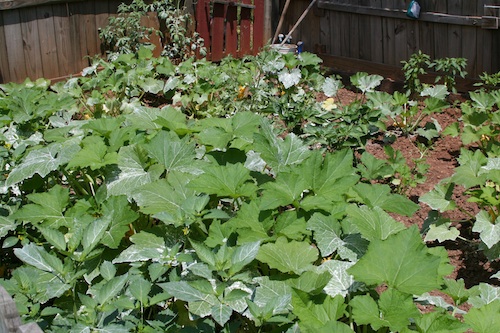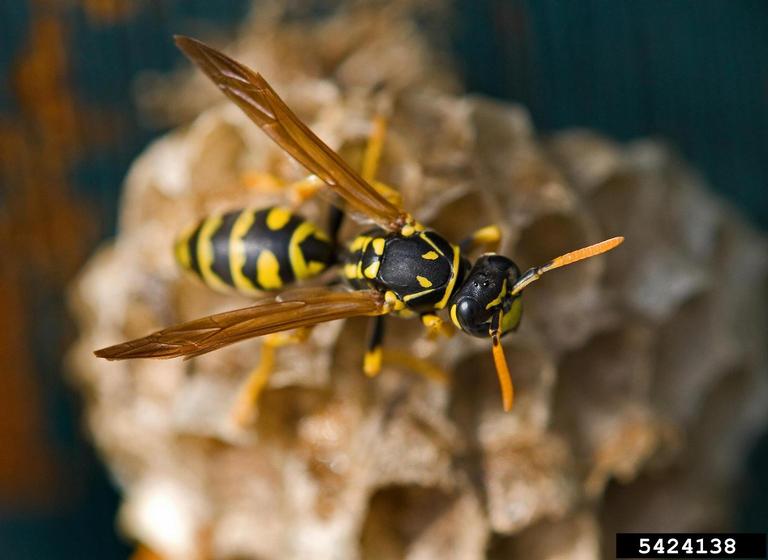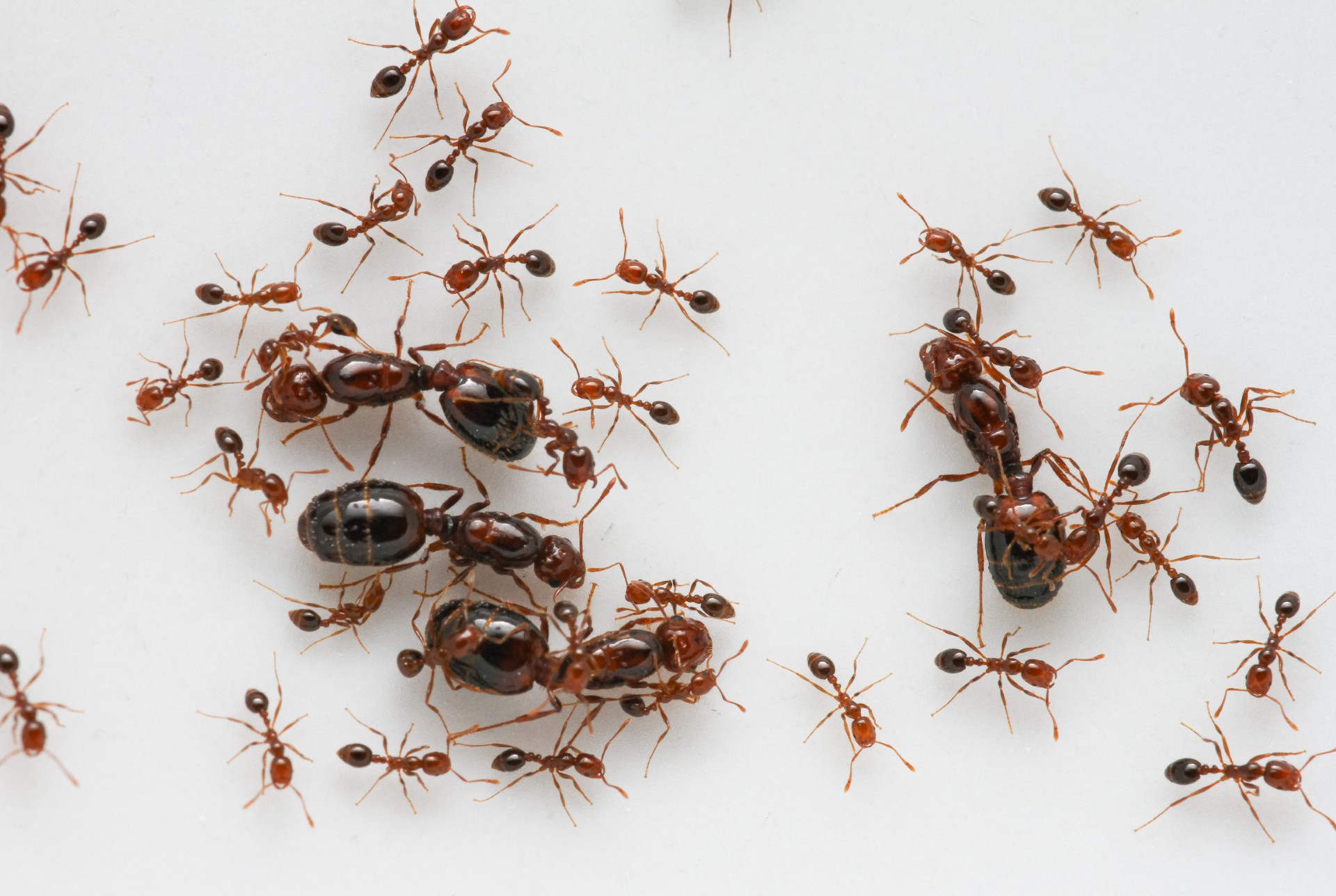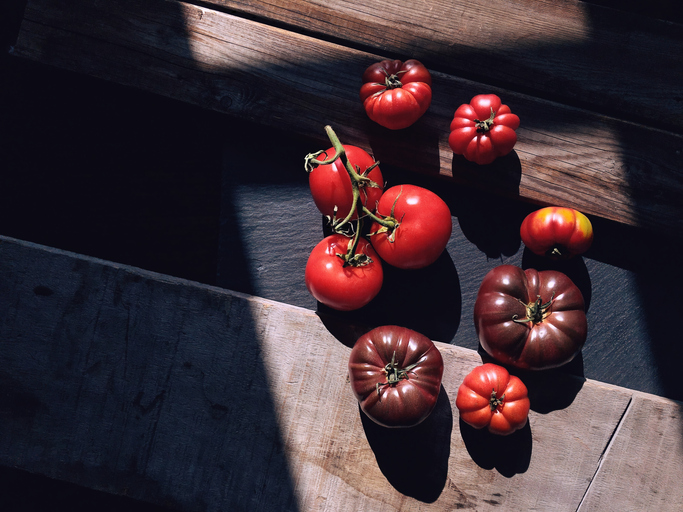Many home gardeners are already planning for 2013’s garden, but the 2012 garden season has one more chore in store for you.
It's not as fun as planning what varieties you will try next year, but taking the time to clean out your old garden now can save you a lot of heartache, disease and insect problems next spring.
First, take note of any particularly productive or unsatisfactory crop varieties and any problems you encountered this past growing season. This information will be very useful during garden-planning time next spring.
Then you can start dismantling your spring garden. Here are some tips provided by University of Georgia Cooperative Extension experts.
Be sure to take up any plants that are not producing. Remove diseased or insect-infested plants.
Old plants can harbor disease and pests through the winter. Left in your garden plot, this plant material can sicken your new plants and give pests a head start in your garden next spring.
Cucumber beetles, squash bugs, Colorado potato beetles and European corn borers all pass the winter in garden debris, so it's worth the time to remove dead plant material, compost it or plow it under.
Landscape refuse, such as grass clippings, dead plants, trimmings and fallen leaves, can no longer be placed in landfills — so fall is a good time to learn about composting. Composting is something that everyone can do to help control yard waste, and the finished compost product can be use to make garden soil more productive.
To learn more about how to compost, pick up a publication at your local UGA Extension office or read one online at www.caes.uga.edu/publications/.








